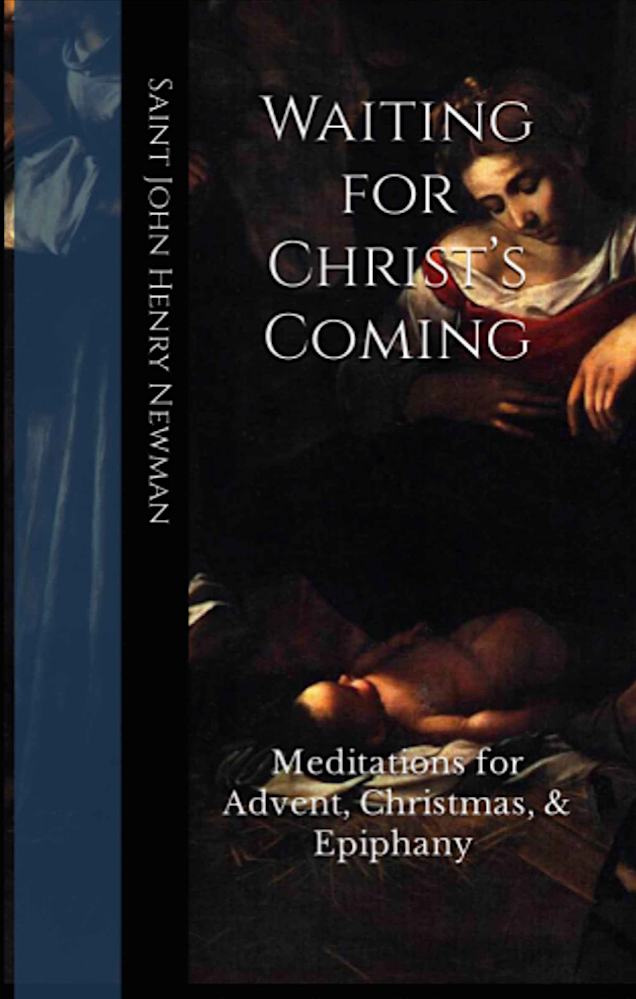Reverence, a Belief in God’s Presence (by John Henry Newman)
“Thine eyes shall see the King in his beauty: they shall behold the land that is very far off.” Isaiah 33:17.
(EXCERPTED FROM THE LATEST COLLECTION BY ST. JOHN HENRY NEWMAN – WAITING FOR CHRIST’S COMING: MEDITATIONS FOR ADVENT, CHRISTMAS, AND EPIPHANY)
Though Moses was not permitted to enter the land of promise, he was vouchsafed a sight of it from a distance. We too, though as yet we are not admitted to heavenly glory, yet are given to see much, in preparation for seeing more. Christ dwells among us in His Church really though invisibly, and through its Ordinances fulfils towards us, in a true and sufficient sense, the promise of the text. We are even now permitted to “see the King in His beauty,” to “behold the land that is very far off.” The words of the Prophet relate to our present state as well as to the state of saints hereafter. Of the future glory it is said by St. John, “They shall see His face, and His name shall be in their foreheads.” And of the present, Isaiah himself speaks in passages which may be taken in explanation of the text: “The glory of the Lord shall be revealed, and all flesh shall see it together;” and again, “They shall see the glory of the Lord, and the excellency of our God.” We do not see God face to face under the Gospel, but still, for all that, it is true that “we know in part;” we see, though it be “through a glass darkly;” which is far more than any but Christians are enabled to do. Baptism, by which we become Christians, is an illumination; and Christ, who is the Object of our worship, is withal a Light to worship by.
Such a view is strange to most men; they do not realize the presence of Christ, nor admit the duty of realizing it. Even those who are not without habits of seriousness, have almost or quite forgotten the duty. This is plain at once: for, unless they had, they would not be so very deficient in reverence as they are. It is scarcely too much to say that awe and fear are at the present day all but discarded from religion. Whole societies called Christian make it almost a first principle to disown the duty of reverence; and we ourselves, to whom as children of the Church reverence is as a special inheritance, have very little of it, and do not feel the want of it. Those who, in spite of themselves, are influenced by God’s holy fear, too often are ashamed of it, consider it even as a mark of weakness of mind, hide their feeling as much as they can, and, when ridiculed or censured for it, cannot defend it to themselves on intelligible grounds. They wish indeed to maintain reverence in their mode of speaking and acting, in relation to sacred things, but they are at a loss how to answer objections, or how to resist received customs and fashions; and at length they begin to be suspicious and afraid of their own instinctive feelings. Let us then take occasion from the promise in the text both to describe the religious defect to which I have alluded, and to state the remedy for it.
